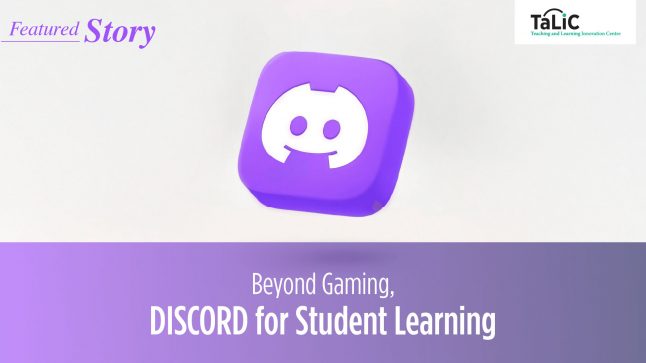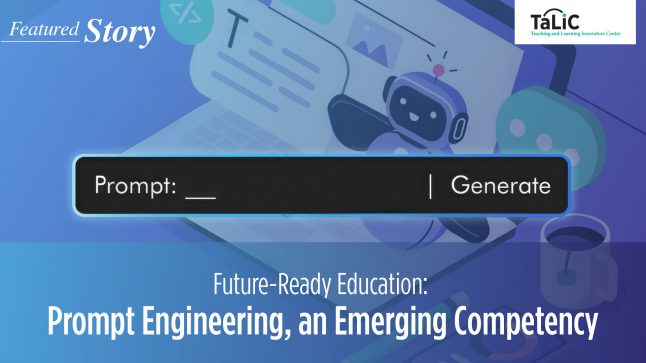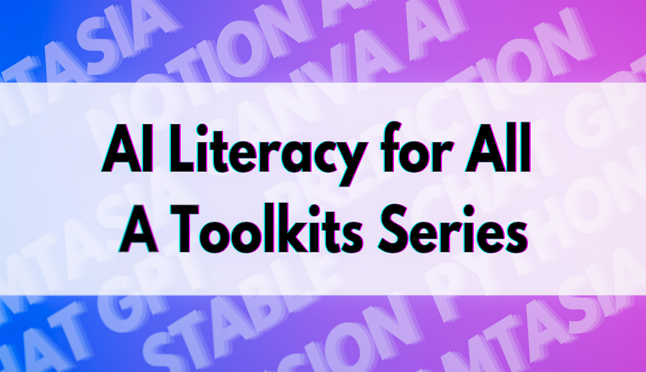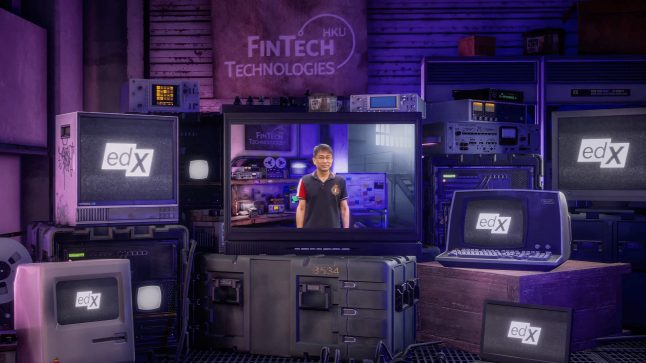
About this course
This course is for radiologists, cardiologists, radiographers/ technologists and other health professionals who want to learn more about cardiovascular magnetic resonance imaging (CMR). Previous experience in CMR is not required.
Learning outcomes:
- Introduction of advanced techniques such as T1 and T2 mapping, feature tracking and exercise CMR.
- The different sequences used in cardiac MRI imaging and the physics behind these sequences.
- How to acquire the cardiac imaging planes.
- How to assess the ventricular function, late gadolinium enhancement and T2* for iron overload.
- PUnderstanding the normal appearances of the pericardium, heart muscle, valves and vasculature.
- Understand how different cardiac pathologies result in different forms of cardiac remodelling.
- An overview of the main cardiac diseases, such as coronary artery disease, cardiomyopathies (eg. hypertrophic cardiomyopathy, dilated cardiomyopathy), valvular heart disease, cardiac tumours and congenital heart disease.
WEEK 1: Sequences, Acquisition, Contrast Agents and Basic Physics
This MOOC will begin with a course on the common cardiac MR sequences, the physics and application behind those sequences. We will also learn how to acquire cardiac MR imaging planes.
WEEK 2: Cardiomyopathies, LGE and T2
In this section, we will teach you how to assess and analyse ventricular function, LGE and T2*. We will also give you an overview of the main common cardiac diseases, such as coronary artery disease and cardiomyopathy.
WEEK 3: Coronary Artery Disease, Aorta, Pericardium and Valves
CMR techniques such as stress perfusion imaging, CMR sequences and methods for assessing aortopathy, pericarditis with or without constriction and valvular disease will be covered in this section.
WEEK 4: Congenital Heart Disease and Paediatric Scanning
This section will cover the role of CMR in congenital heart disease. You will also learn scanning techniques and common indications for babies and children.
WEEK 5: Advanced and Future Developments
In the last section, we will cover exciting advances in cardiac MRI, such as exercise CMR, T1/T2 mapping, artificial intelligence and feature tracking.
Clinical Cases:
You will also have hands-on experience to review clinical cases (eg. stress CMR with x-ray catheter angiography correlation) with tutorial videos every week.











